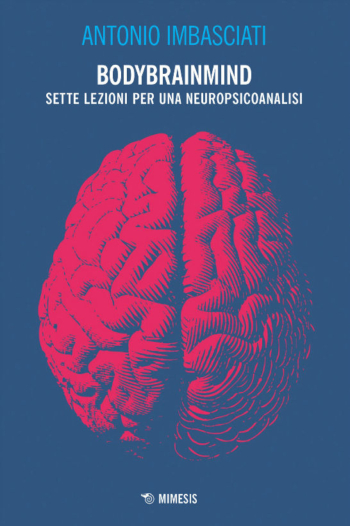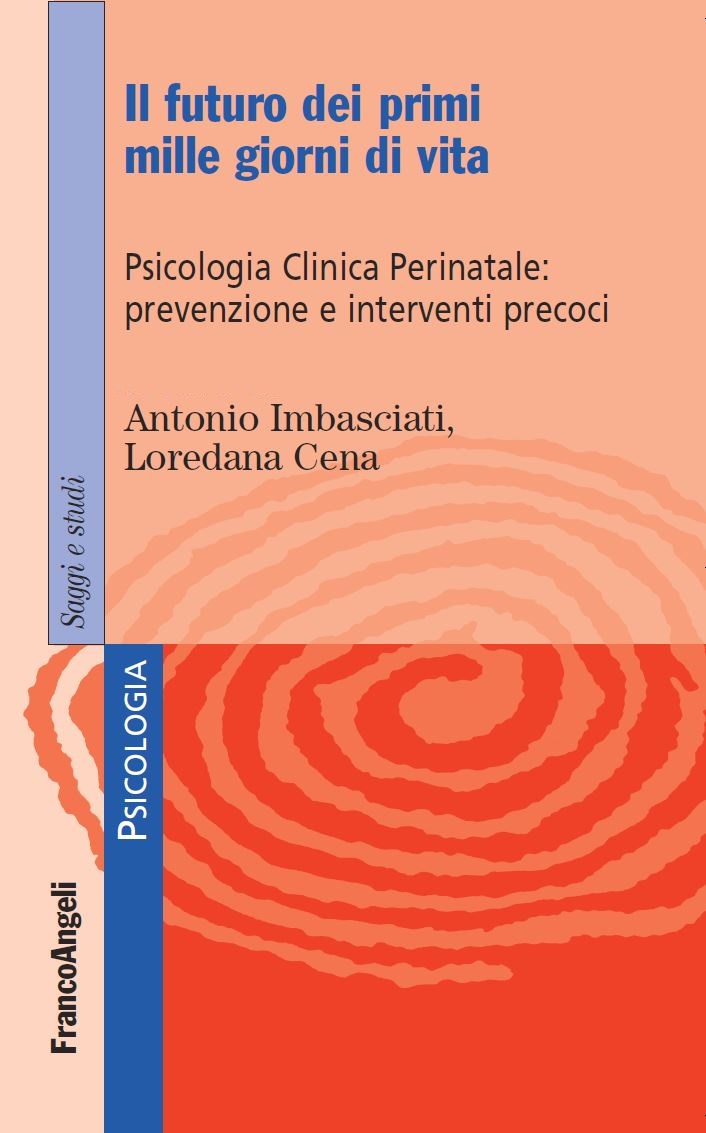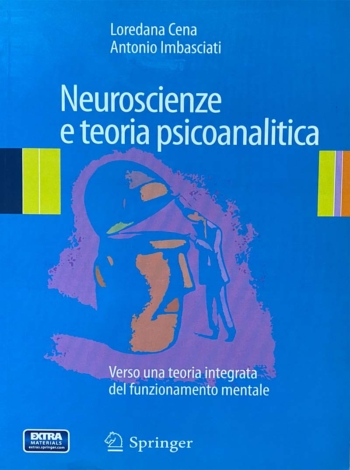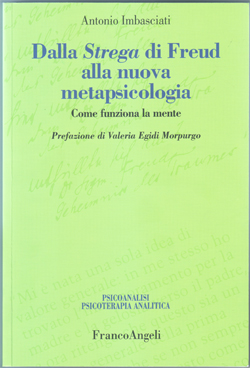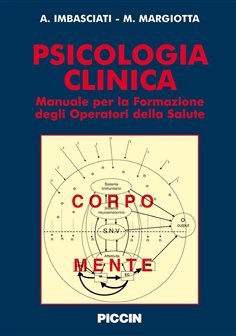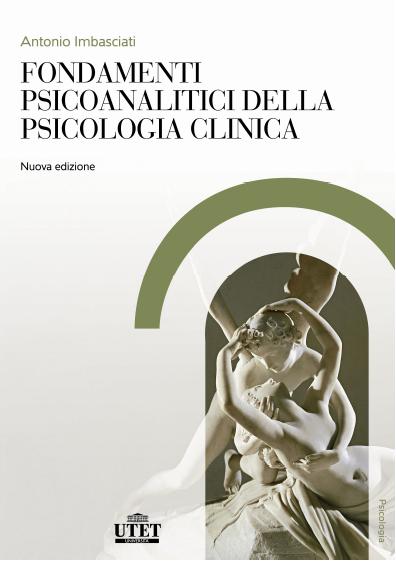5. Psychoanalysis and Cognitive Science
Neuropsychoanalysis aims to check the neurobiological processes which may explain what psychoanalysis describes as psychic emotional and unconsciouss events which drive human behaviours, motivations and individual life events, and what a person believes and thinks in his/her personal consciousness. This is the study about the relations between mind and brain.
Nobody has a mind equal to an other’s one, and Neuroscience has demonstrated thet nobody has the same brain of another human being. Brain is constructed (follow)
In the first thousand days of life, counting from conception, a first individual functional matrix – synaptic networks – is formed which will condition every subsequent elaboration of the life experiences of that individual and therefore every further construction of functionality in the individual’s brain, i.e. every subsequent neuro-psycho-somatic development of that person. This first […]
Today psychoanalytic clinical practice is not that Freud’s. Infant and infant-with-mother/parents psychoanalysis opened up large perspectives that have deeply affected the whole psychoanaltic theory and practice. Psychoanalytic clinical practice changed and progressed greatly. But in its theoretical frame today psychoanalysis has a number of concepts and theories, so that a confusion and different laguages have developed. This is due to an obstinate almost religious preservation of old concepts along new ones. In particular energy-drive concepts of Freud’s Metapsychology contradict the progress of current psychoanalysis, and yet they are used. (…)
In Freud’s time “psychology” was a proper psychology of consciousness: it meant what one could consciously know about himself. Freud discovered unconscious events: he must explain to his contemporary scientists how these phenomena could exsist an how an unconscious mind might function. He wrote his metapsychology (1915): “meta” (=beyond) would say that mind could be considered also beyond consciouseness psychology. He supposed that the unconscious was moved by an instinctual force (libido) for which he used the german word “trieb” (=push). This word was hardly transalated as “drive” and in neolatin as“pulsion” . (…)
The progress of medicine has made the medical profession highly technical and fragmented in may different specializations, thus decreasing the spaces where a doctor can practice that human care which used to characterize his role. Complementarily, other helping professions have been enhanced, first of all nurses, and many other health graduation programmes (three- and now also five-year) have been created. The dimension of “human” care that the physician can no longer carry out is transferred to these “new doctors”. “Rehumanizing medicine” and reducing the “medicalization” of health services is a project in people talk about. (…)
Great misunderstanding exists when trying to comprehend what is meant by Clinical Psychology and its connections with Psychoanalysis. Just as vast is the misunderstanding of psychoanalysis itself: people talk about drive, Oedipus, libido, super ego and repression as if these were Freud’s “discoveries”. In fact, they are not discoveries at all, but concepts by which Freud tried to construct a theory –his metapsychology– using the means available at the time to explain what his ingenious method of exploration had found out and described in the clinical field. There is great confusion about what is meant by “discovery”, or rather by “theory” or “method”, just as there is confusion about the description of a phenomena and its explanation. Discoveries remain, theories change and methods develop. (…)

